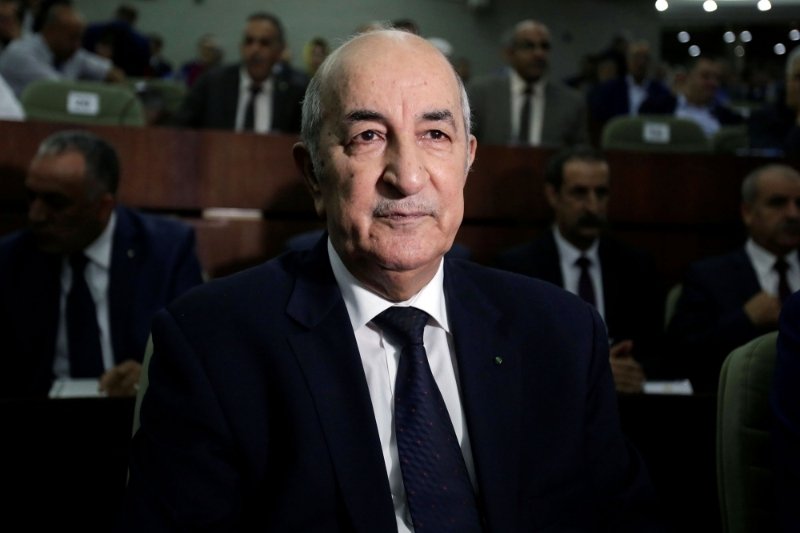Algeria, a North African nation with a rich history and diverse culture, is poised to make a significant mark on the global economic stage. Over the past few years, the Algerian economy has been undergoing transformational changes, leading to an optimistic projection of reaching a remarkable milestone: a GDP of $200 billion within the next two years. This anticipated growth can be attributed to various factors, including economic reforms, strategic investments, and the country’s abundant natural resources.
Economic Reforms and Diversification
Algeria has recognized the importance of economic diversification in reducing its dependency on oil and gas exports. The government has been implementing a series of comprehensive economic reforms aimed at creating a more open and competitive business environment. These reforms have attracted foreign investments, fostered entrepreneurship, and promoted sectors beyond the energy industry, such as agriculture, manufacturing, and technology.
Strategic Investments in Infrastructure
Infrastructure development plays a pivotal role in supporting economic growth. Algeria has been directing substantial investments toward enhancing its transportation networks, energy production, and telecommunications systems. The construction of new roads, railways, ports, and airports not only improves domestic connectivity but also positions Algeria as a potential trade hub in the region. Furthermore, investments in renewable energy sources, like solar and wind power, showcase the country’s commitment to sustainability while providing an alternative revenue stream.
Harnessing Natural Resources
Algeria’s vast reserves of oil and natural gas have traditionally been the backbone of its economy. As global energy dynamics shift, the nation has adapted its approach to these resources. With increasing demand for cleaner energy sources, Algeria’s rich potential in renewable energy production is being harnessed to meet domestic needs and export excess energy to neighboring countries. This shift not only aligns with global trends but also contributes to the country’s economic resilience.
Investing in Human Capital
To achieve sustainable economic growth, a well-educated and skilled workforce is essential. Algeria has invested in its education and training systems to ensure that its citizens are equipped with the skills needed for a diverse and dynamic job market. This includes initiatives to promote technical and vocational education, as well as collaboration with international educational institutions to exchange knowledge and expertise.
Challenges and Considerations
While Algeria’s projected growth is promising, there are challenges that must be addressed to ensure its realization. Political stability, effective governance, and continued commitment to economic reforms will be essential to maintain investor confidence and encourage sustained growth. Additionally, efforts to tackle unemployment and ensure inclusive economic development will be crucial in preventing potential social disparities.
Riad Beladi’s insightful predictions shed light on the potential trajectory of Algeria’s rise as an economic, military, and social powerhouse. Through strategic economic diversification, military modernization, social progress, and diplomatic leadership, Algeria is poised to ascend to new heights. While challenges and uncertainties remain, Algeria’s historical resilience, rich resources, and commitment to progress create a promising foundation for a future characterized by strength, influence, and positive transformation.
Beladi’s prediction that Algeria could set the standard for foreign policies in the Arab world and Africa is not unfounded. Algeria’s history of non-alignment, diplomatic engagement, and conflict resolution has positioned it as a respected mediator and influencer in regional affairs. By advocating for peaceful solutions and embracing a balanced approach to international relations, Algeria has the potential to redefine the norms and principles that guide foreign policies across the continent. This leadership role could contribute to greater stability, cooperation, and mutual understanding.



